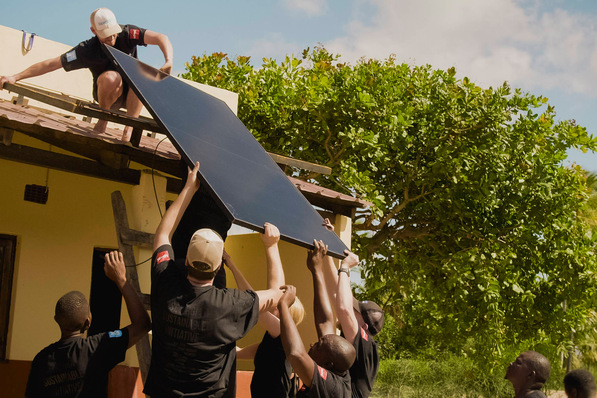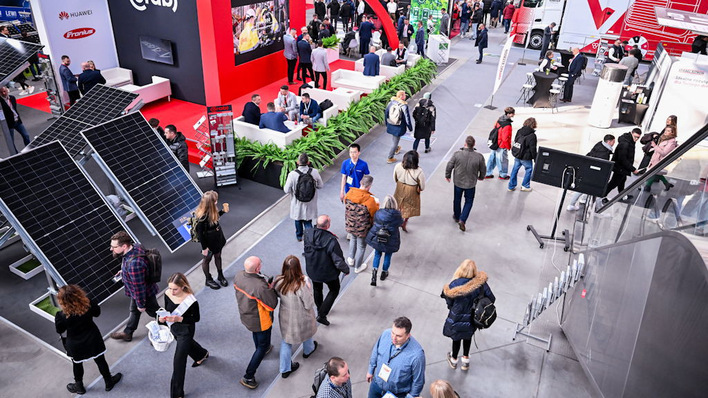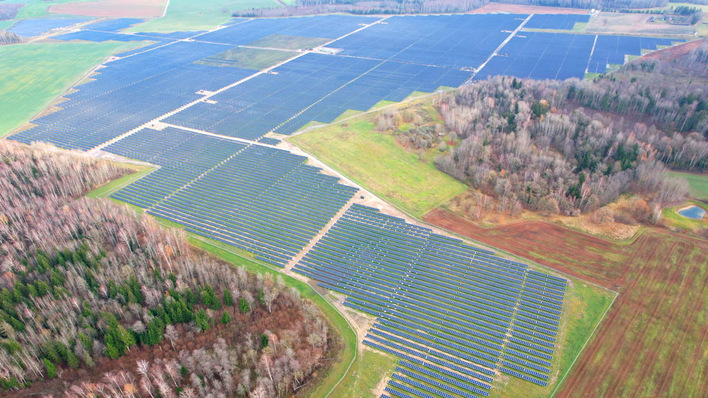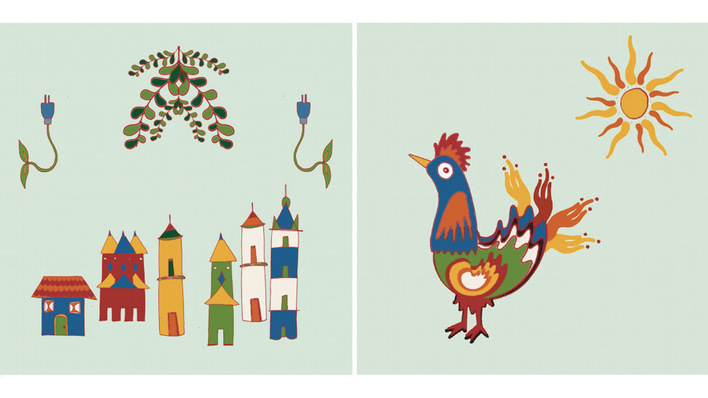Together with the local Goethe Institute in Abidjan, ecoligo is realising a rooftop solar installation. The solar array has an output of 53 kilowatts per square metre from 143 solar modules. The expected electricity yield is 73 megawatt hours per year.
Switching to solar energy is often associated with major hurdles, especially financial ones, for companies in emerging markets. This is also the case in Côte d'Ivoire, where the potential of solar energy has only recently been recognised and the market is still in its infancy despite good legal conditions. Until a few years ago, one searched in vain for solar plants all over the country. The West African country's electricity mix was - and still is - primarily determined by gas and hydropower. It was only in 2018 that the government began to focus more on renewable energies and to use wind power, solar energy and biomass to generate electricity. Other neighbouring countries were quicker. Mali, Burkina Faso and Ghana have long relied on the power of the sun.
Solar capacity in Ivory Coast far behind neighbouring countries
But despite the change in political thinking and the more favourable economic conditions, there are still hardly any solar plants in Côte d'Ivoire. In 2020, solar power accounted for just 13 megawatts of the total power generation capacity of 2,232 megawatts. That is 0.58 per cent. In comparison, the share in neighbouring countries is much higher. In Ghana it is 1.75 per cent and in Burkina Faso as much as 14.18 per cent. This is mainly due to easy access to gas deposits, which supply most of Ivory Coast's electricity.
See also: Kenya: PV floating plant powers flower farm
"Thanks to strong average GDP growth, energy demand from Ivorian companies is rising strongly. And like everywhere in Africa, energy costs are a major challenge. We are therefore pleased to now be able to offer our affordable, reliable and accessible clean energy solution to a first company in Côte d'Ivoire," comments Doreen Kanetey-Essel, Country Manager Ghana at ecoligo. (mfo)







